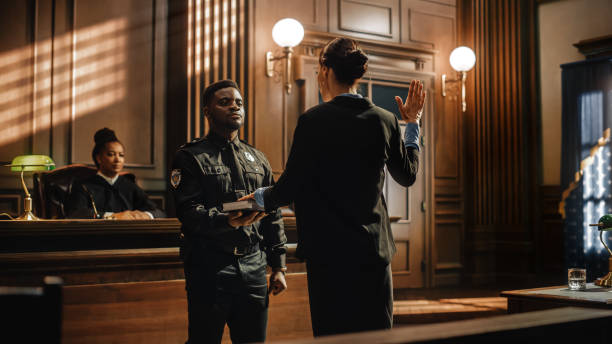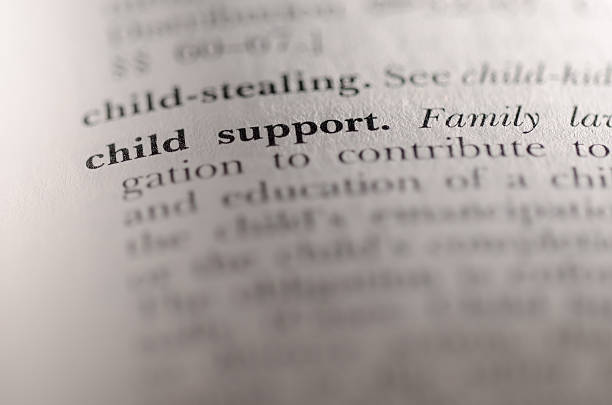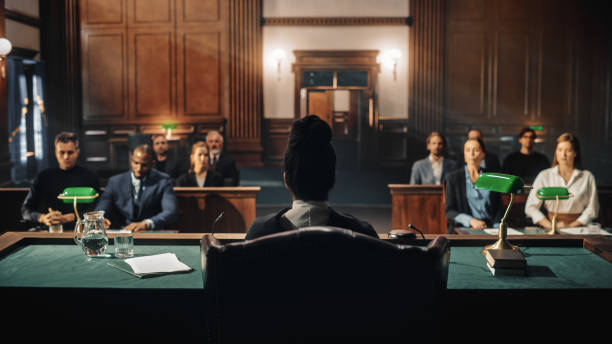What is DCSE’s Role in Contempt Hearings in Virginia?
The Virginia Department of Human Services deals with child support through its “Division of Child Support Enforcement” or DCSE. DCSE puts the power of the state government behind parents who have custody of their children. They need help getting the other parent to pay for the children’s needs. DCSE has a staff of lawyers who are sent to court to, among others, enforce child support orders.
Child support orders are different from electric bills because failing to pay them is punishable as contempt of court. The punishment can include being sent to jail. So if the other parent or DCSE brings a contempt case against you for failing to pay support, it is a serious matter.
Contempt Cases
Lawyers often get calls from parents (usually the father) with a pending contempt case. Many times the lawyer will have to say there isn’t much they can do. The parent would be better off if they used the money they would spend on legal fees to pay off their back child support.
There are some situations when a lawyer can make a real difference. For example, when there is a dispute as to what has been paid or where a lawyer could help by negotiating a settlement. Where the parent admits what they owe and no compromise is possible, a lawyer may not be able to make much of a difference. The cost of having a lawyer with you in court may not be justified.
Juvenile Court and DCSE
When a parent is behind in their child support, DCSE can file a case in Juvenile Court. They ask the court to hold the delinquent parent in contempt for failing to pay what their order requires. On the hearing date, a DCSE lawyer and a DCSE clerk will be in court to prove failure to pay. They may ask the judge to put the parent who hasn’t made payments in jail. The DCSE clerk will be sworn as a witness and testify to what DCSE’s records show was due and not paid.
The parent will then have an opportunity to present their proof of any payments they claim DCSE should have given them credit for but didn’t. The judge will decide how much is owed and sign an order requiring the paying parent to pay something on back support. This is in addition to their regular monthly support amount. Back support is called “arrears”, and the judge may order some jail time but find that the parent will not have to serve it so long as they comply with the new order to pay 100% of their current support obligation plus the amounts due each month for the arrears.
Show Cause
If the parent still doesn’t pay, DCSE will file a new case to hold them in contempt. These cases are often called a “show cause” because the parent is served with a summons requiring them to come to court and “show cause” why they should not be held in contempt for not obeying the order.
The more times the parent comes in on a show cause, their risk of jail increases.
The first time, the risk is low. By the third time, it may be more difficult to avoid jail time unless DCSE or the other parent ask that there be no jail time. The jail time is sometimes limited to weekends.
High Arrears
I have seen a number of cases where arrears exceed $50,000. I have seen cases where DCSE chases the money after the child is an adult. These are called “arrears only” cases and DCSE is required by law to pursue them if the child received state benefits. If no public money was spent on the child, the two parents can negotiate to settle for less than the full amount of the arrears. But when public money is involved, DCSE must insist on every penny.



